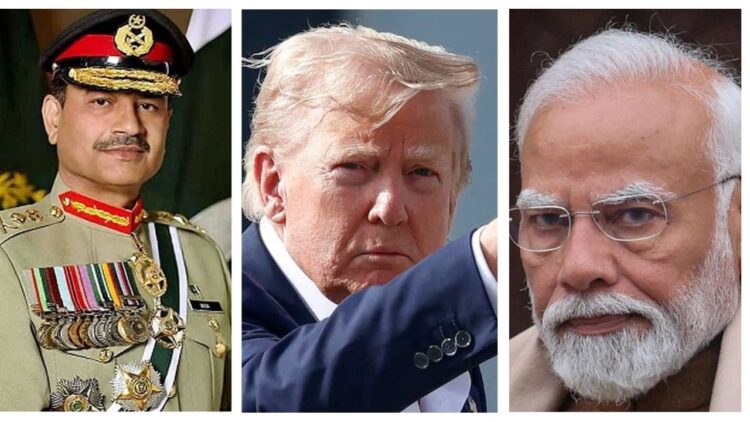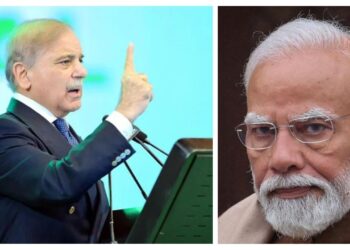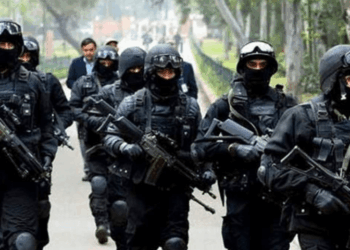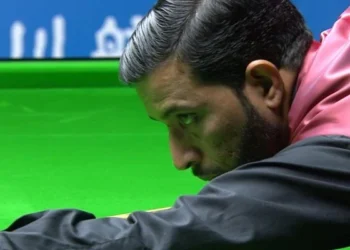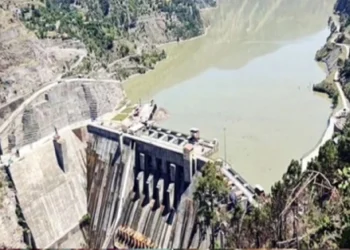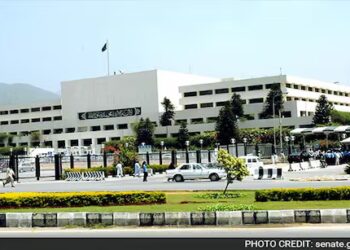MNN (Web Desk); Pakistan’s Chief of Army Staff, General Asim Munir, has stunned observers by securing two warm receptions from former US President Donald Trump and senior US military officials this summer — a development signaling a surprising improvement in Washington-Islamabad ties even as relations with India deteriorate, The Financial Times reports.
In late July, Munir attended the retirement ceremony of General Michael Kurilla, the outgoing commander of US forces in the Middle East, in Florida. Kurilla had previously lauded Munir for fostering a “phenomenal partnership” in counterterrorism. During the event, Munir presented a plaque to America’s top military officer, General Dan Caine, along with an invitation to visit Pakistan.
This followed a remarkable June meeting in which Munir shared a private two-hour lunch with Trump — just weeks after India and Pakistan engaged in their deadliest military clash in decades. The encounter was particularly striking given Trump’s earlier accusations that Pakistan offered the US “nothing but lies and deceit.”
Analysts see the rapprochement as the product of a calculated charm offensive by Pakistan’s military leadership, which has courted Trump’s inner circle through counterterrorism cooperation, targeted business outreach, and investment proposals in energy, critical minerals, and cryptocurrencies. A key turning point came in March, when Pakistan’s intelligence service handed over an ISIS-K operative linked to a deadly 2021 Kabul bombing — an arrest that Trump publicly praised during his State of the Union address, even as he criticized India’s trade policies.
Pakistan has also tapped unconventional channels of influence, including a Trump-backed cryptocurrency venture that signed a preliminary deal with Pakistan’s crypto council in April. Munir’s government has since promoted blockchain and crypto opportunities to figures close to Trump, positioning Pakistan as a potential strategic economic partner.
Islamabad’s handling of the recent conflict with India — downing several Indian jets while avoiding large-scale escalation — also won favor in Washington, with Pakistan crediting Trump for mediating a ceasefire and even nominating him for a Nobel Peace Prize.
Meanwhile, India’s ties with Trump have cooled. Prime Minister Narendra Modi reportedly had a tense call with Trump over his role in the ceasefire and later publicly denied US mediation, insisting the resolution came via direct military channels. The diplomatic rift has been compounded by Trump’s decision to impose steep tariffs on Indian goods — now at 50 percent — while giving Pakistan a far lighter 19 percent rate.
Munir has also positioned Pakistan as a back-channel player between the US and its adversaries, reminiscent of Islamabad’s role in the 1970s rapprochement between Washington and Beijing. In recent months, he has maintained ties with China, Iran, Gulf states, and even Russia, while keeping communication lines open with Washington.
However, experts caution that Trump’s favor could be short-lived. Pakistan’s touted resource wealth remains largely untapped and lies in unstable provinces, while the country’s economy depends on IMF support and debt relief from China and Gulf allies. Still, for now, Islamabad appears to have turned a weak starting position into a geopolitical win — leaving India frustrated and South Asia’s strategic balance in flux.








